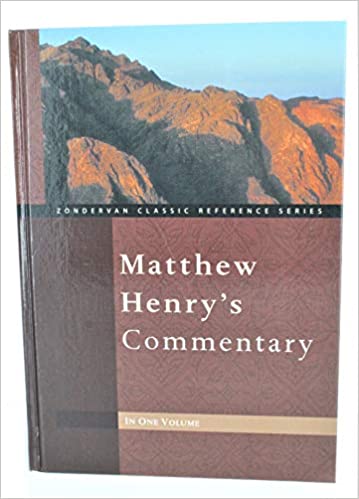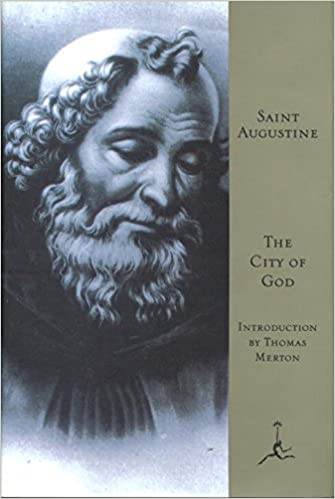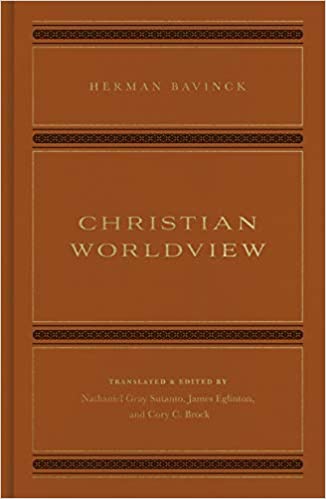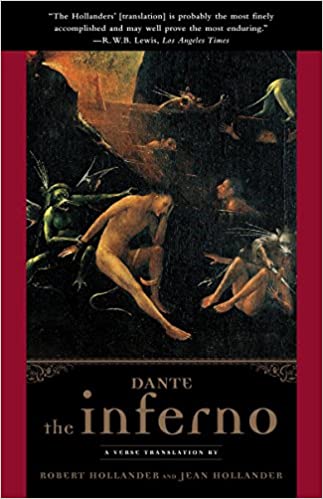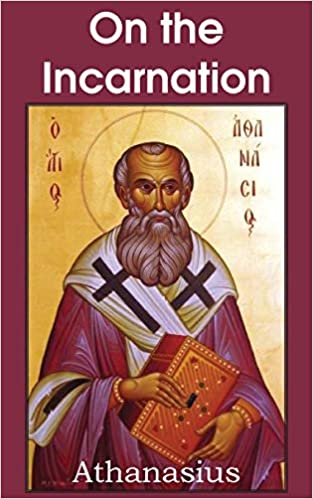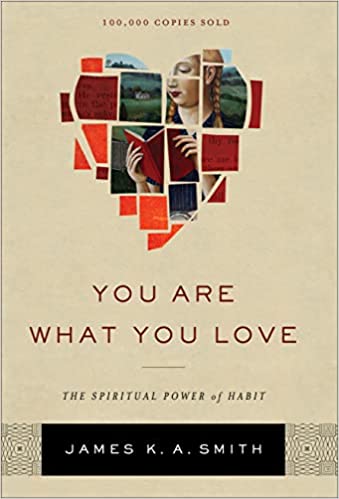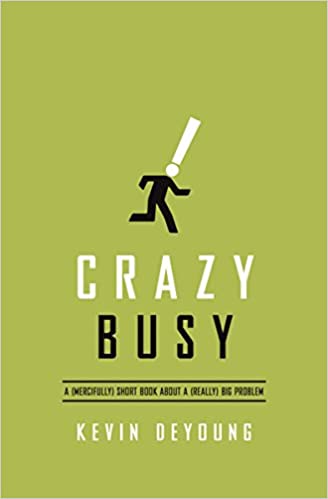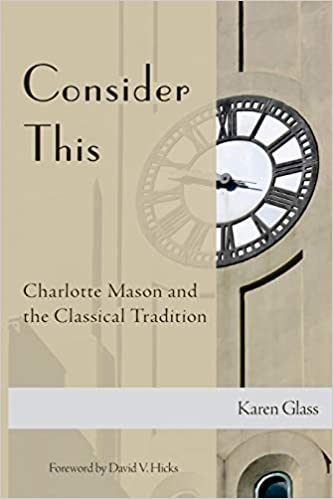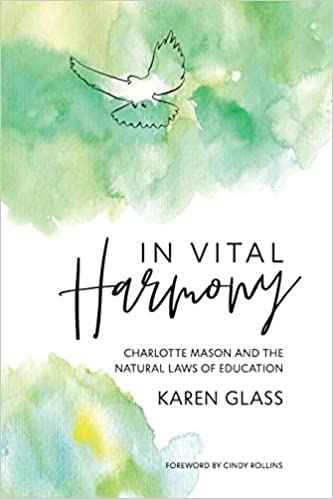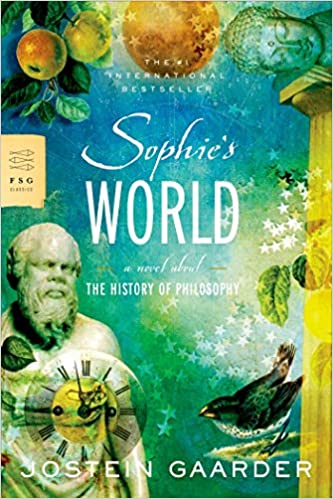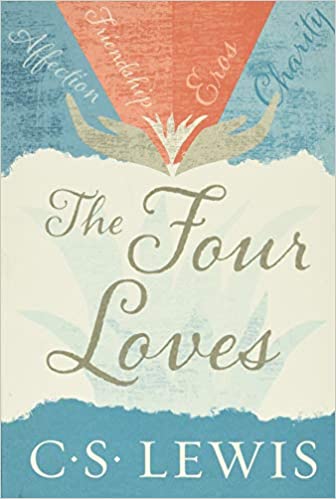Matthew Henry’s Commentary on The Whole Bible
Matthew Henry's Commentary on the Whole Bible is well-known and well-loved. His commentary is aimed primarily at explanation and edification, as opposed to textual research. Comprehensive, this commentary provides instruction and encouragement throughout. Although written in an older style, Matthew Henry's Commentary on the Whole Bible is worth studying and is useful for pastors, theologians, and students of the Bible.
More info →City of God (Modern Library version)
First published in the first part of the 5th century A.D., “The City of God” is Saint Augustine’s highly influential work of Christian philosophy. This expansive theological work provided an articulate defense of Christianity against the claims that it lead to the downfall of Rome in the years preceding its publication. It outlines a citizenship that goes beyond the worldly, the political, and the self-centered, instead focusing on a place where the inhabitants are devout, God-focused, and seeking grace. In examining history with a clear perception of good and evil, Augustine was in effect interpreting human actions in relation to eternity. He contrasts earthly and heavenly cities to great effect, in addition to inspecting pagan religions, Greek philosophers like Plato, and the Bible. A monumental influence upon Augustine’s contemporaries, “The City of God” is considered a foundational work of Christianity philosophy, which would establish Augustine of Hippo as one of the most important fathers of the Catholic Church, and continues to resonate with the Christian faith until this day.
More info →Christian Worldview
For the First Time in English, a Foundational Work of One of the Church's Most Important Theologians
As some point in life, we all wonder: Who am I? What is the world, and what is my place within it? Only Christianity offers answers to these questions in a way that meets our truest needs and satisfies our deepest longings.
In this important book, translated into English for the first time, Herman Bavinck provides a framework for understanding why the Christian worldview is the only solution to the discord we feel between ourselves, the world, and God.
More info →The Inferno (The Divine Comedy Series)
The epic grandeur of Dante’s masterpiece has inspired readers for 700 years, and has entered the human imagination. But the further we move from the late medieval world of Dante, the more a rich understanding and enjoyment of the poem depends on knowledgeable guidance. Robert Hollander, a renowned scholar and master teacher of Dante, and Jean Hollander, an accomplished poet, have written a beautifully accurate and clear verse translation of the first volume of Dante’s epic poem, the Divine Comedy. Featuring the original Italian text opposite the translation, this edition also offers an extensive and accessible introduction and generous commentaries that draw on centuries of scholarship as well as Robert Hollander’s own decades of teaching and research. The Hollander translation is the new standard in English of this essential work of world literature.
More info →Athanasius: On the Incarnation
When I first opened his De Incarnatione I soon discovered by a very simple test that I was reading a masterpiece. I knew very little Christian Greek except that of the New Testament and I had expected difficulties. To my astonishment I found it almost as easy as Xenophon; and only a master mind could, in the fourth century, have written so deeply on such a subject with such classical simplicity. Every page I read confirmed this impression. I do not think the reader will find here any of that sawdusty quality which is so common in modern renderings from the ancient languages. That is as much as the English reader will notice; those who compare the version with the original will be able to estimate how much wit and talent is presupposed in such a choice, for example, as "these wiseacres" on the very first page. C. S. LEWIS
More info →You Are What You Love: The Spiritual Power of Habit
A popular speaker and award-winning author helps readers recognize the formative power of culture and the transformative possibilities of Christian practices.
More info →Consider This: Charlotte Mason and the Classical Tradition
The educators of ancient Greece and Rome gave the world a vision of what education should be. The medieval and Renaissance teachers valued their insights and lofty goals. Christian educators such as Augustine, Erasmus, Milton, and Comenius drew from the teaching of Plato, Aristotle, and Quintilian those truths which they found universal and potent. Charlotte Mason developed her own philosophy of education from the riches of the past, not accidentally but purposefully. She and the other founding members of the Parents’ National Educational Union in England were inspired by the classical educators of history and set out to achieve their vision in modern education. They succeeded—and thanks to Charlotte Mason’s clear development of methods to realize the classical ideals, we can partake of the classical tradition as well.
More info →In Vital Harmony: Charlotte Mason and the Natural Laws of Education
Charlotte Mason looked at the world and saw that it was governed by universal laws, such as the law of gravity. Then she wondered. What if there were similar laws that governed the way people learn? If we knew what those laws were, we’d be able to pursue education along the most promising lines .
She devoted her life to finding the key principles of education and then developing methods to make the most of them. The result is a comprehensive picture of living and learning that breathes life into education at every level—from babyhood to the adult years. It’s not a rote system, but a flexible set of ideas that keep education in focus.
These principles are for everyone concerned with teaching and learning. They are no more difficult to implement than the principle of gravity which allows you to walk, run, and even--when you know what you are doing--to soar.
More info →Sophie’s World
A page-turning novel that is also an exploration of the great philosophical concepts of Western thought, Jostein Gaarder's Sophie's World has fired the imagination of readers all over the world, with more than twenty million copies in print.
One day fourteen-year-old Sophie Amundsen comes home from school to find in her mailbox two notes, with one question on each: "Who are you?" and "Where does the world come from?" From that irresistible beginning, Sophie becomes obsessed with questions that take her far beyond what she knows of her Norwegian village. Through those letters, she enrolls in a kind of correspondence course, covering Socrates to Sartre, with a mysterious philosopher, while receiving letters addressed to another girl. Who is Hilde? And why does her mail keep turning up? To unravel this riddle, Sophie must use the philosophy she is learning―but the truth turns out to be far more complicated than she could have imagined.
More info →
